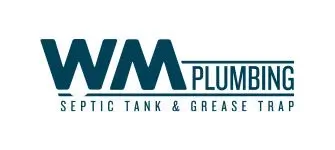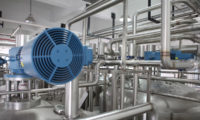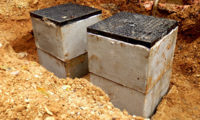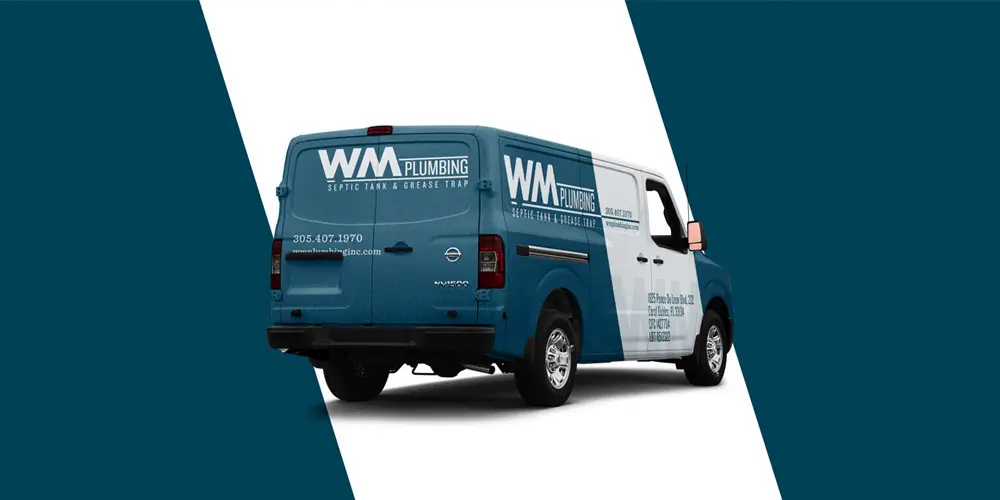Plumbing Requirements for Food Processing Plants
Food processing plants have specialized plumbing requirements to ensure sanitary conditions, operational efficiency, and compliance with health and safety regulations. Proper plumbing infrastructure is critical to maintaining the quality of products and preventing contamination. Below [...]
Is Rainwater Overflow Bad for Your Septic System?
Rainwater overflow can pose significant risks to your septic system, potentially compromising its functionality and lifespan. A septic system is designed to handle a specific volume of wastewater generated by your household. When rainwater infiltrates [...]
Are Cooking Oils Bad for Your Septic System?
Cooking oils, though a common ingredient in kitchens, can pose significant challenges to septic systems if not disposed of properly. Septic systems are designed to handle organic waste and wastewater, breaking them down through natural [...]
What Records Should You Keep for Grease Trap Maintenance?
Maintaining accurate records for grease trap maintenance is essential for regulatory compliance, operational efficiency, and environmental protection. Proper documentation ensures that your grease trap system functions efficiently, prevents blockages, and complies with local ordinances. Below [...]
How to Handle Clogged Drains in Historic Homes
Handling clogged drains in historic homes presents unique challenges. The plumbing in these homes is often old, fragile, and may not meet modern standards, making it susceptible to frequent blockages and damage. Addressing these issues [...]
How to Clear Drains Blocked by Children’s Toys
Clearing drains blocked by children's toys is a common but frustrating issue for many households. Toys can inadvertently end up in toilets, sinks, and bathtubs, causing significant blockages. However, with the right tools and techniques, [...]





